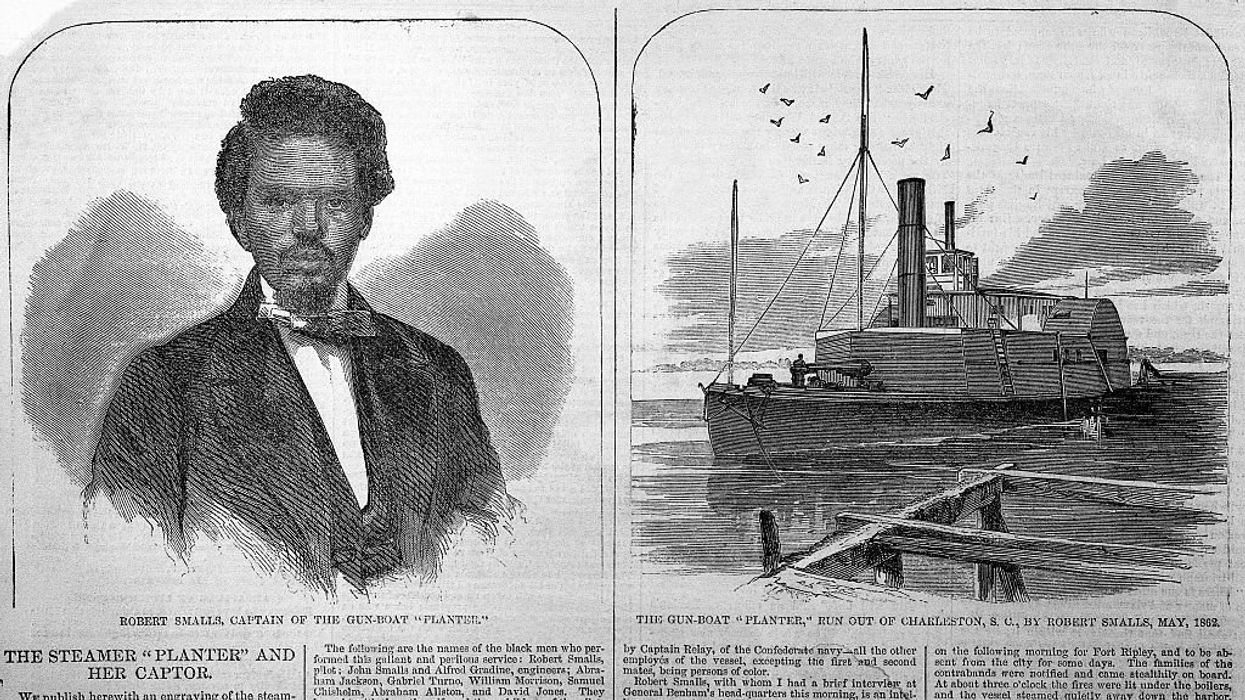Increasingly, people across the country are beginning to realize that teachers’ unions are the biggest obstacle to educational reforms that would give millions of children a better education and a fighting chance at a better life.
To be clear, there is a mile-wide difference between teachers and teachers’ unions. Great teachers are performing one of our nation’s foremost duties, and deserve to be rewarded accordingly. Unfortunately, unions have long supported policies that protect bad teachers at the expense of dedicated educators and students – but that all may have changed last week in California.
In a case brought forth by nine frustrated students, Los Angeles Superior Court Judge Rolf M. Treu ruled several of the state’s union-backed teacher tenure and dismissal processes unconstitutional, and accused them of causing unequal opportunities. The rules made it virtually impossible to fire a bad teacher after two years, and could have resulted in new, great teachers being laid off in the event that cuts were necessary. Treu called the laws “unfathomable and therefore constitutionally unsupportable.”
 (AP Photo/AJ Mast)
(AP Photo/AJ Mast)
Likewise, teachers’ unions have long opposed expanding school choice, which would give low-income and minority students greater opportunity to leave failing schools and utilize other educational options like charters and private schools. Like eliminating teacher tenure, school choice would add accountability and opportunity that goes against the special interests of unions.
Sadly, tenure rules and opposition to school choice hurt students who need help the most and teachers who deserve it most. Latino students are 68 percent more likely than white students to be taught by the worst teachers, and black students are 43 percent more likely. And it was predetermined union pay schedules that dictated that Michigan’s “teacher of the year” was one of the lowest paid in his district.
As a result of opposing policies with such commonsense widespread appeal and popularity, public opinion of unions is falling fast. Forty-three percent believe they have a negative effect on public schools, up from 31 percent in 2009, according to Politico. One expert explained, “People increasingly view teachers unions as a problem, or the problem.”
Even supposed allies are hitting teachers unions. Rep. George Miller (D-Cali.) called the policies “indefensible.” President Barack Obama’s Secretary of Education and The New York Times editorial board both applauded the ruling.
As one Democratic operative opined, “It will be very difficult for Democrats to make the case that they are on the side of civil rights and social justice if they are defending unconstitutional laws that objectively harm poor kids and children of color.”
 Photo Credit: WILLIAM WEST/AFP/Getty Images
Photo Credit: WILLIAM WEST/AFP/Getty Images
Perhaps worse yet, even their own members are questioning teachers’ unions. The National Education Association has lost 230,000 members (7 percent of its total) in recent years. Increasing numbers of educators are realizing they do not need to be represented by a body that hurts eager students and holds back great teachers while stuffing the pockets of union bosses and campaign coffers with their hard-earned dollars.
It is a vicious cycle. Teachers feel as though the unions are no longer serving to benefit them nor the kids, so they are leaving. But in order to keep their clout, teachers’ unions are spreading their tentacles into the realms of various non-teaching professions – further alienating teachers. It appears the only ones who remain loyal to unions are union bosses and the politicians who depend on them.
The California ruling was the latest blow to teachers unions who are seeing their reputation crumble with each passing school year. From their treatment of public school teachers to their opposition of school choice, unions are being seen as a burdensome force holding back the improvement of American education – and teachers, families, and students alike have begun to digest this important lesson.
 Credit: AP
Credit: AP
Winter Hall, a frustrated parent explained, “it always comes off like the unions serve themselves – like it’s not about the education of the children.”
Beatriz Vergara, one of the students who brought the lawsuit, recalled one year with a particularly awful teacher a “lost opportunity.”
There is no war on teachers. There is a war to save our schools, save our children, and save our future – so that not a single child in America has to cope with “lost opportunity” in our education system.
Akash Chougule is a policy analyst at Americans for Prosperity, the nation’s premier free-market grassroots organization. Akash brings a unique perspective to AFP, and specializes in education, health care, tax, and transportation issues.
–
TheBlaze contributor channel supports an open discourse on a range of views. The opinions expressed in this channel are solely those of each individual author.


 (AP Photo/AJ Mast)
(AP Photo/AJ Mast)
 Photo Credit: WILLIAM WEST/AFP/Getty Images
Photo Credit: WILLIAM WEST/AFP/Getty Images
 Credit: AP
Credit: AP


